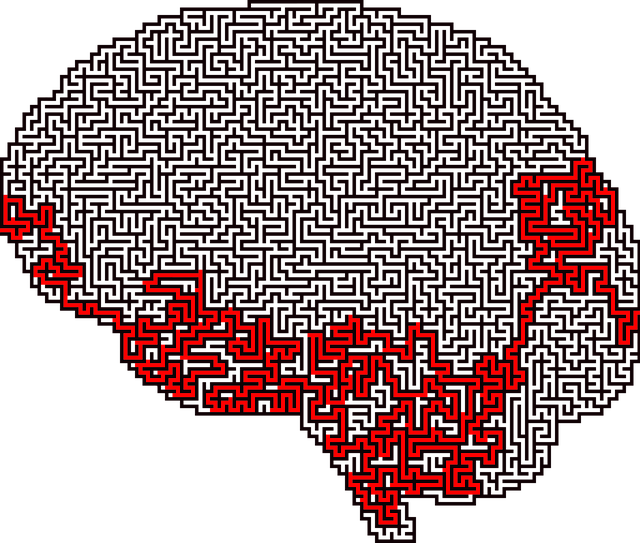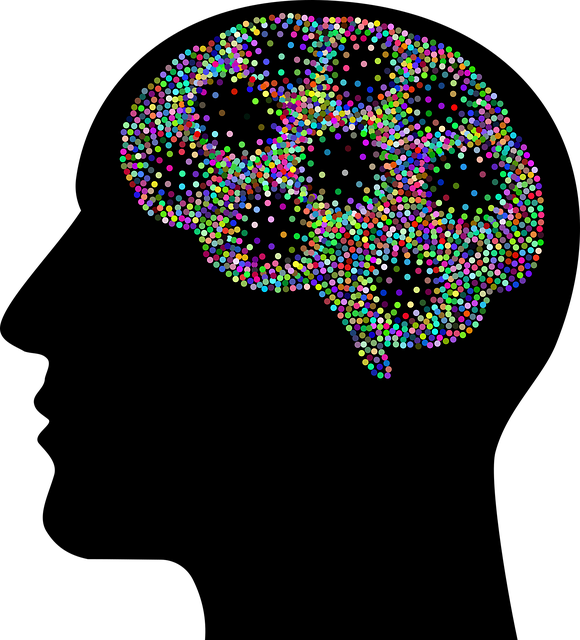Parker Blended Families Therapy (PBFT) emphasizes cultural competency in healthcare, addressing diverse patient needs through understanding and respecting cultural differences. By incorporating compassion cultivation and tailored services, PBFT strengthens caregiver-child relationships, opens dialogue, and promotes mental health self-care routines. This approach benefits patients and providers by enhancing communication, improving outcomes, preventing burnout, and increasing job satisfaction. Comprehensive cultural competency training for healthcare professionals includes social skills, crisis intervention, and stress reduction methods tailored to diverse communities, fostering empathy, trust, and unique patient needs. PBFT's commitment to this training leads to enhanced patient satisfaction and improved clinical outcomes, positioning them as an industry leader in inclusive healthcare delivery.
Cultural competency training is an essential aspect of modern healthcare, especially with diverse patient populations. This article explores the critical role of cultural competency in healthcare delivery, drawing insights from the Parker Blended Families Therapy Approach. We delve into the reasons behind the necessity of such training for providers and outline key components for effective programs. Additionally, it provides a guide on implementing and evaluating cultural competency education within clinical settings.
- Understanding Cultural Competency in Healthcare: The Parker Blended Families Therapy Approach
- Why is Cultural Competency Training Essential for Healthcare Providers?
- Key Components of Effective Cultural Competency Programs
- Implementing and Evaluating Cultural Competency Training within Clinical Settings
Understanding Cultural Competency in Healthcare: The Parker Blended Families Therapy Approach

Cultural competency in healthcare is a vital approach to ensuring that medical services are accessible and effective for diverse patient populations. The Parker Blended Families Therapy (PBFT) model offers a unique perspective on this matter, emphasizing the importance of understanding and respecting cultural differences within therapeutic settings. PBFT recognizes that families come from various ethnic, racial, and socioeconomic backgrounds, each with its own set of values, beliefs, and communication styles. By incorporating compassion cultivation practices into therapy sessions, healthcare providers can foster a more inclusive environment.
This approach goes beyond treating individual patients; it focuses on building strong relationships between caregivers and children, encouraging open dialogue, and promoting self-care routine development for better mental health. In light of the high rates of burnout among healthcare professionals, PBFT’s emphasis on cultural awareness is a game-changer. By adopting strategies that cultivate compassion and reduce stress, providers can enhance their resilience and prevent burnout, ultimately improving patient outcomes and job satisfaction.
Why is Cultural Competency Training Essential for Healthcare Providers?

Cultural competency training is an indispensable component of modern healthcare education. In a diverse society like the United States, where individuals from various ethnic, cultural, and socioeconomic backgrounds seek medical care, healthcare providers must be equipped to offer sensitive and effective treatment. Cultural competency goes beyond basic understanding; it involves developing skills to navigate complex interpersonal dynamics, respect differences, and tailor services to meet the unique needs of each patient.
For healthcare providers, this training can significantly enhance patient outcomes and satisfaction. By fostering self-esteem improvement in patients from different cultural backgrounds, it promotes open communication, encourages adherence to treatment plans, and reduces potential barriers to care. Moreover, addressing cultural competency can lead to the development of more inclusive public awareness campaigns for health education, which is a vital aspect of community wellness. Additionally, preventing burnout among healthcare professionals by equipping them with the tools to manage cultural nuances in their practice contributes to better retention and overall job satisfaction. This, in turn, ensures sustained access to quality care for all, reflecting the values promoted by Parker Blended Families Therapy.
Key Components of Effective Cultural Competency Programs

Effective cultural competency training for healthcare providers involves several key components designed to foster empathy and understanding across diverse patient populations. One crucial element is social skills training, which equips professionals with the interpersonal abilities to connect meaningfully with patients from different cultural backgrounds, ensuring clear communication and building trust. This includes learning about non-verbal cues, adapting language to suit various contexts, and practicing active listening to address the unique needs of each patient.
Additionally, incorporating crisis intervention guidance is vital for navigating sensitive situations that may arise due to cultural differences. Training should equip providers with strategies to de-escalate conflicts, offer support, and provide culturally sensitive solutions. This aspect is particularly relevant when dealing with mental health issues or traumatic events, ensuring patients feel heard, respected, and safe during their healthcare journey. Moreover, integrating stress reduction methods tailored to diverse communities can promote a holistic approach to wellness, addressing not just physical symptoms but also the psychological and emotional well-being of Parker Blended Families Therapy clients.
Implementing and Evaluating Cultural Competency Training within Clinical Settings

Implementing cultural competency training within clinical settings is a vital step towards creating inclusive and supportive environments for diverse patient populations. At Parker Blended Families Therapy, we recognize that effective healthcare delivery requires an understanding of cultural nuances. Our approach involves tailoring training programs to address the unique needs of different communities, ensuring that mental health professionals are equipped to provide culturally sensitive care. This includes educating staff on self-care routine development for better mental health, as well as fostering mind over matter principles to enhance patient outcomes.
The evaluation process is an integral part of this initiative, allowing us to measure the impact and effectiveness of the training. By conducting regular risk assessments for mental health professionals and gathering feedback from both staff and patients, we can identify areas for improvement and ensure that cultural competency remains a priority. This continuous assessment enables us to refine our practices, ultimately improving patient satisfaction and clinical outcomes, as evidenced by our commitment to staying at the forefront of inclusive healthcare delivery.
Cultural competency training, as exemplified by the Parker Blended Families Therapy Approach, is a vital tool for healthcare providers in today’s diverse society. Understanding cultural nuances and incorporating them into clinical practice enhances patient care, fosters trust, and promotes positive health outcomes. By implementing effective programs that include education, reflection, and community engagement, healthcare organizations can create inclusive environments, ensuring every patient receives respectful and competent care. This approach not only respects individual identities but also improves access to quality healthcare for all.














